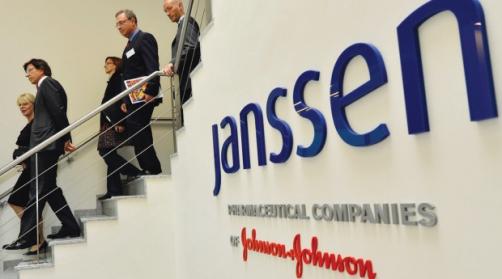
Patient access schemes ‘lack transparency’
pharmafile | December 12, 2014 | News story | Research and Development, Sales and Marketing | Janssen, NHS, NICE, Velcade, patient access, pharma, scheme
Deals negotiated between the pharma industry and governments to allow patients access to innovative new cancer treatments risk failing because of their lack of transparency, say academics.
An analysis by researchers from University College London and the Royal Free medical school analysed the success of patient access schemes in England compared with similar schemes – managed entry agreements – that have been running in Italy since 2006.
The Department of Health in England introduced its first market access agreements, with Janssen, to supply Velcade (bortezomib) in October 2007. Velcade is listed in the BNF priced at £762.38 for a 3.5‑mg vial – approximately £24,000 for a six-month course of treatment.
The NHS has since negotiated 42 contracts covering 32 drugs, including 19 anti-cancer treatments. These cover two types of arrangement: performance-based contracts, where pay-back is based on the response to treatment as measured by healthcare professionals; and financial-based contracts that offer rebates, discounted or limited free supplies of treatment.
Currently a quarter of positive guidance issued by NICE includes a patient access scheme. But the commercial-in-confidence nature of these schemes means there is little official information to evaluate whether the deals provide cost-effective access to innovative new treatments.
The analysis found UK has introduced far fewer performance-based schemes (one) compared with Italy (24), and relies heavily on discounted, rebated or fixed-price stocks than Italy which has more cost-sharing arrangements with pharma companies.
The researchers found only two, small reports on early schemes surveys of hospital pharmacists, which concluded “the NHS did not have the capacity to manage more schemes without funding staff time to manage-coordinate and track the contracts”.
The surveys identified concerns about the ‘burdensome administration’ of compiling patient data and applying for refunds, which took up to 45 minutes per patients for Merck Serono’s Erbitux (cetuximab), 38 minutes for Velcade, 19 minutes for Pfizer’s Sutent (sunitinib) and 18 minutes for Roche’s Tarceva (erlotinib).
The researchers concluded that the NHS was right to avoid performance-based schemes, as they will not help the industry make a case for the cost-effectiveness of new treatments. The analysis is published in the Journal of the Royal Society of Medicine.
Dr Livio Garattini, of the Mario Negri institute for pharmacological research in Milan, says: “The emotive nature of cancer makes it difficult for health agencies to resist calls for reimbursement of even extremely expensive drugs with marginal efficacy…. [but] these schemes contribute little to robust clinical assessment in practice.”
Financial agreements, on the other hand, may be a more efficient way to reduce outlay on anti-cancer drugs and offer access for patients – but it is not clear who the winners are from these arrangements, Dr Garattini says.
“The losers are likely to be small and low-income countries that do not have well-organised procedures or sufficient bargaining power to negotiate lower prices. When market-access agreements lead to prices which are not transparent, these schemes simply penalise those countries which rely on external reference pricing. This lack of transparency raises an issue of public interest on the international level.”
Lilian Anekwe
Related Content

Digital mental health technologies – a valuable tool in supporting people with depression and anxiety
The potential benefits of digital mental health technology for managing depression, anxiety and stress, together …

A community-first future: which pathways will get us there?
In the final Gateway to Local Adoption article of 2025, Visions4Health caught up with Julian …

The Pharma Files: with Dr Ewen Cameron, Chief Executive of West Suffolk NHS Foundation Trust
Pharmafile chats with Dr Ewen Cameron, Chief Executive of West Suffolk NHS Foundation Trust, about …






